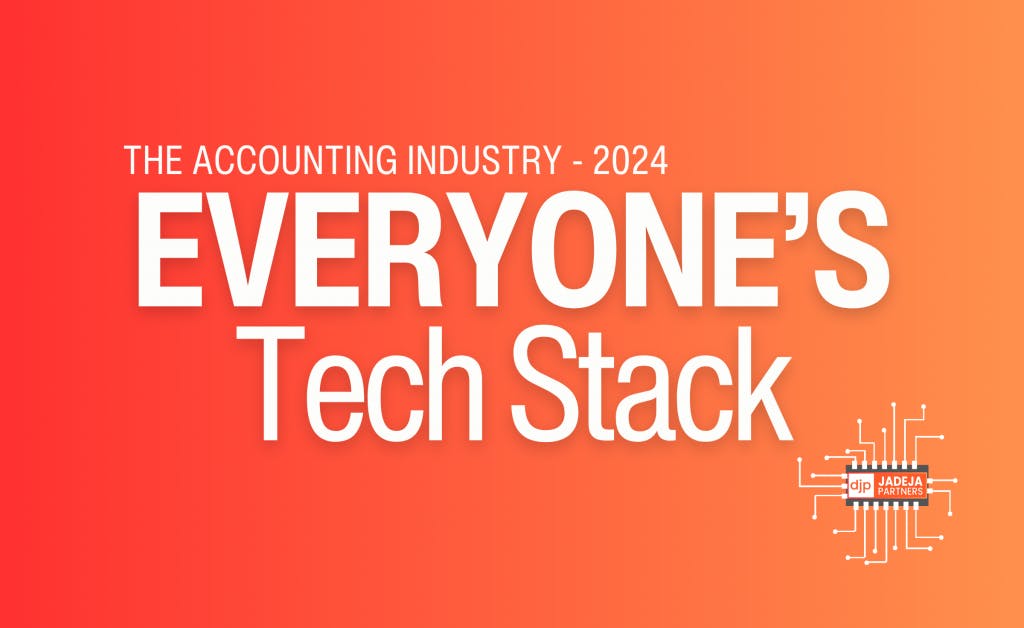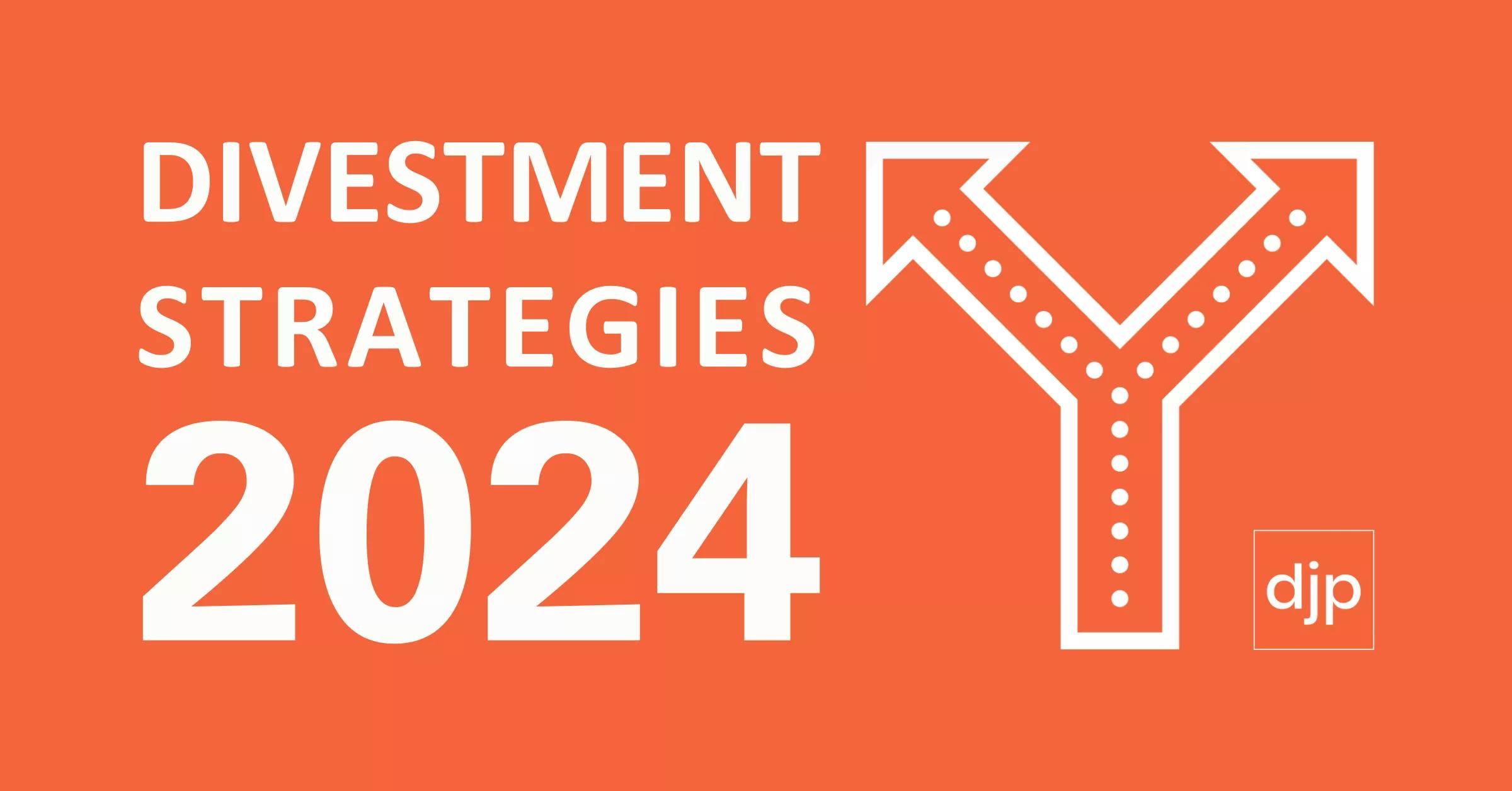They’re three simple letters – C R M – yet they can elicit such a breadth of feelings among business owners, from excitement to angst, from frustration to outright fear. Most will agree that CRM is an integral part of business today, yet the Gartner Group have reported that over half of CRM projects do not produce results, while a 2001 survey of management tools undertaken by Bain, which tracks and reports on corporate use of and satisfaction with management techniques, found that CRM ranked in the bottom 3 for satisfaction of 25 popular tools.
What then, is creating this disconnect between our perceived importance and value of CRM, and our frustrations and dissatisfaction with their subsequent outputs?
Let’s start by ensuring we understand what CRM is… and isn’t.
Now I’m quite sure if I were to ask what CRM actually stands for, you would quickly and confidently let me know that it stands for customer relationship management. But what if I asked you to define it? How would you go about defining CRM? There are many definitions of CRM out there, but here’s one we like: CRM aligns business processes with customer strategies to build customer loyalty and increase profits over time.
Did your definition look anything like ours? Note the very conspicuous absence of the words “technology” and “software” from this definition. And herein lays the root cause of most CRM issues. It’s not an issue with the actual tools themselves, we all agree how beneficial they are in principle, it’s the issue of a flawed assumption by many that CRM is a technology which will manage your relationships for you. It’s not.
The technology many refer to as CRM, is merely a support function – supporting the bundling of your customer strategy and processes – simply put, it’s a management tool. CRM software cannot build relationships, cannot make sales, and it doesn’t offer a strategic advantage. The real management of customer relationships takes thought, planning, and time.
Reichheld, Schefter and Rigby warned against the following 4 perils of CRM in the Harvard Business Review:
- Implementing CRM before creating a customer strategy;
- Rolling out CRM before changing your organization to match;
- Assuming that more CRM technology is better; and
- Stalking, rather than wooing, customers.
Ultimately, CRM software can be a fantastic tool for your business – but it shouldn’t replace your relationships themselves. Once you have your strategy for how you will engage with and relate to customers, and once your organization is on board with a customer-centric approach, you’re ready to roll out a CRM tool. Just remember that its success is as reliant on careful thought and planning as it is on the technology itself. Finally, ensure you are using this tool correctly – i.e. it should be assisting you to deliver genuine value to your customers, not simply to shout your messages at them. It’s this genuine added value which will strengthen the relationship and drive advocacy over the long term.
Jadeja Partners – Call for an obligation free discussion
Phone: 1300 523 352
Web: www.jadejapartners.com



